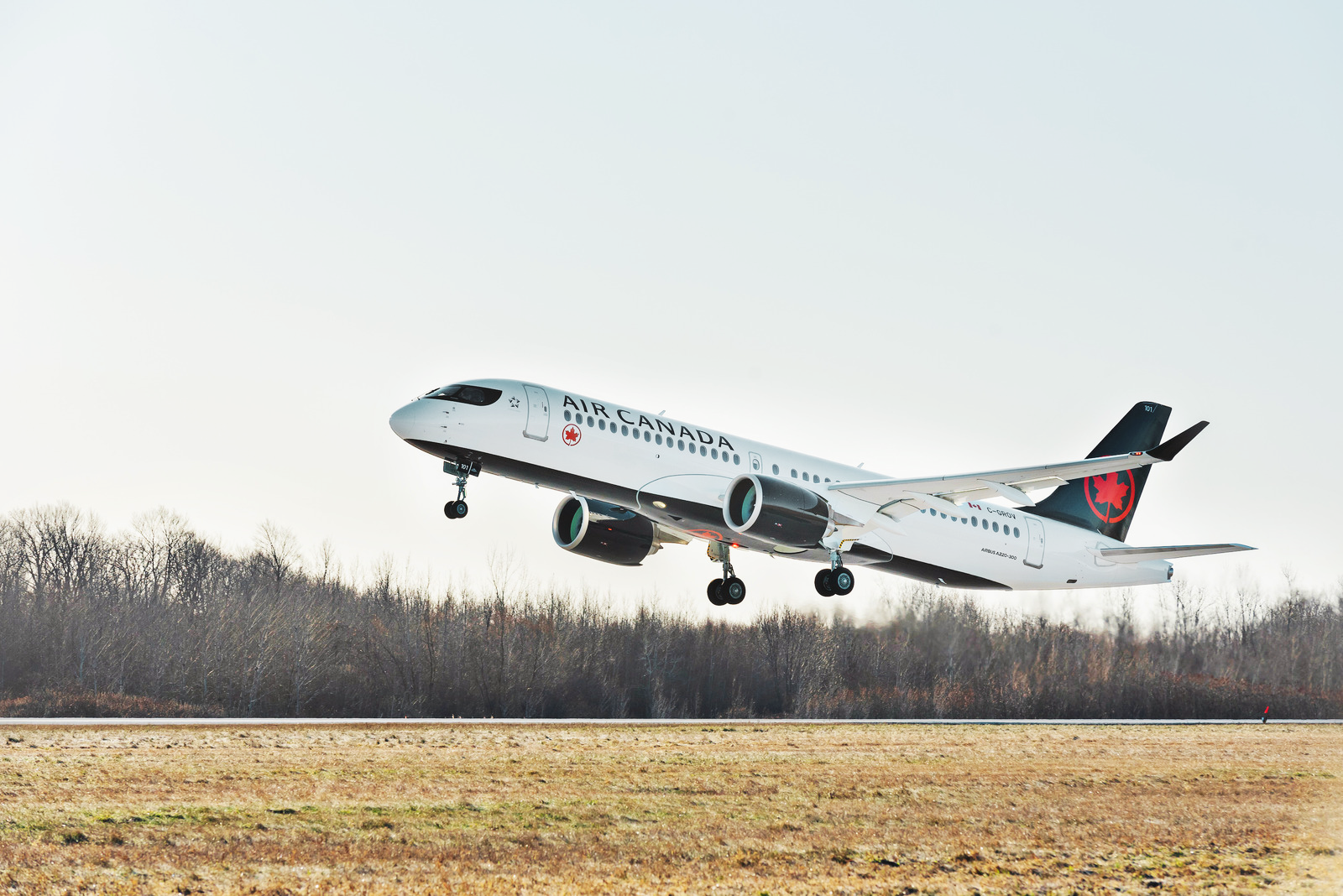Air Canada is targeting operating revenues of C$30bn ($21bn) for 2028, the carrier said during its investor day on December 17, 2024. For 2030, the airline aims to exceed C$30bn.
The company is targeting an adjusted EBITDA margin of around 17% for 2028, as well around between 18% and 20% by 2030. In addition, the company is targeting a free cash flow margin of approximately 5% from 2028.
“Our strategy, which builds on and leverages the unique strengths developed over the last decade, is to rise even higher with consistent margin expansion and structural cash generation while maintaining a strong balance sheet and responsible risk profile,” said Air Canada CEO and president Michael Rousseau. “Our plan includes expanding the network, improving the customer experience, taking care of our employees, enhancing financial performance and continuously investing in the business to generate long-term value for investors, while being mindful of the interests of our stakeholders.”
The key pillars for its growth plans revolve around network expansion across Canada and the US, as well as major global markets including Europe, Asia, and South America, as well as improving the overall customer experience. The airline said investments in next-generation fleet, onboard amenities, and digital innovation will all bolster this customer experience. Air Canada is also aiming to improve cost structures and fuel efficiency to improve its operational performance.
During its investor day presentation, it said premium seating capacity growth will support its 2030 ambitions. The airline said it expects business capacity to increase 24% and premium economy capacity to increase 20% by 2028. In addition, the airline highlighted its partnerships that will boost its revenue.
Air Canada said its incoming fleet of six A321XLR — the first of which is expected late next year — will support its margin enhancements, with 12% better revenue per available seat mile (RASM) and 30% lower fuel burn. In addition, the new aircraft will present new network opportunities for the airline. The cabin is set to have 14 business class and 168 economy seats.
During the investor day, the carrier provided guidance for full year 2025. Capacity is expected to increase between 3-5% versus 2024. Adjusted cost per available seat mile (CASM) is expected to be 14.25 and 14.50 cents. The carrier guided an adjusted EBITDA of between C$3.4bn ($2.4bn) and C$3.8bn ($2.7bn) for next year. Air Canada added it expects free cash flow to break even or be either plus or minus C$200 million ($140.1 million) for 2025.
Air Canada reaffirmed its 2024 guidance: around 5% increase in capacity compared to 2023; adjusted CASM up 2% on 2023's 13.49 cents; and an adjusted EBITDA of around C$3.5bn ($2.5bn) for the year.
During the presentation, Air Canada said its loyalty programme will support its revenue diversification strategy, noting that since Aeroplan relaunched in 2020, it has more than doubled its user base. The airline said the increase in its loyalty user base was driven by a “younger, more engaged membership”, which has resulted in a 50% increase in cobrand purchase volume in 2024, versus 2019.
It was reported by Canadian outlet, the Globe and Mail, on December 12, 2024, that the Canadian government had sold around 6% of its stake in the airline. The outlet cited a source familiar with the matter.
The airline's operating revenues in third quarter 2024 declined 4% on 2023 to C$6.1bn ($4.3bn), as well as operating income of C$1bn ($700.4 million) and adjusted EBITDA of C$1.5bn ($700.4 million) - both declining by C$375 million ($262.6 million) and C$307 million ($215 million), respectively.

